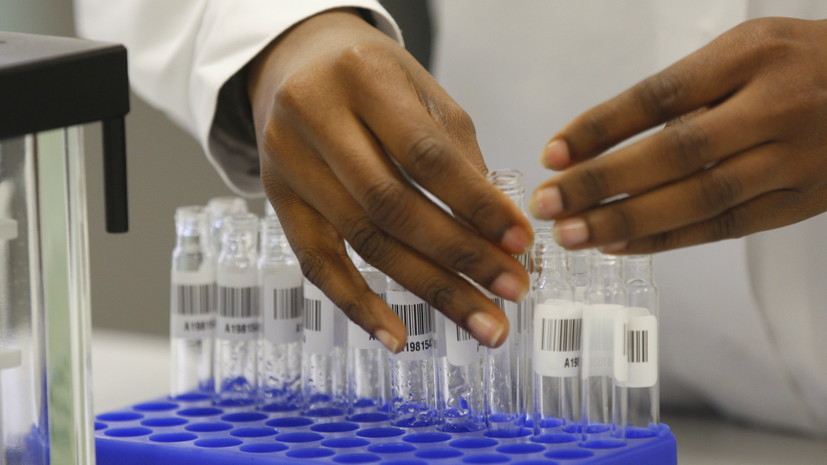The coronavirus pandemic not only stopped the sporting life around the world, but also destroyed the long-standing doping control system. If before athletes could not do without passing tests after the competition and during the preparation for them, now they can not be checked in any way - there are neither the competitions themselves, nor the doping officers who had the right to unexpectedly arrive at any time and demand to pass urine and blood.
Now they are trying to solve the problem at the US Anti-Doping Agency (USADA). The organization began an experiment with remote testing for doping of athletes who are at home on self-isolation. In the near future, they may be able to independently take the materials, and then send them to the laboratory for verification.
Remote doping testing begins with the fact that the athlete must receive by mail the set of equipment necessary for this. Further, at any time, which he previously designated in his schedule as free, a doping officer is contacted with the help of a video messenger. The parties check each other's documents, after which the athlete is obliged to show his bathroom on the video so that you can make sure that there are no strangers in it.
For ethical reasons, the process of passing urine to the camera is not fixed, however, immediately after the tube is full, the athlete must prove with a thermometer that the liquid is fresh. When the examiner confirms this, the jar can be closed with a protective cover against breaking. Then the athlete must show on the camera the process of blood donation, which is carried out using a special device - it must be clamped under the arm, and it will take a few drops of blood from the hand. Next, you need to collect all the samples and seal them in a bag that the courier from USADA will pick up.
Several well-known athletes from the United States were selected for this experiment, including five-time Olympic swimming champion Katie Ledeki, reigning 200-meter world champion Noah Liles and six-time Olympic champion in athletics Allison Felix. Ledeki admitted that she enjoyed participating in the new doping test program.
“I readily agreed to this. It was very convenient, ”- quotes the athlete of The New York Times.
The head of USADA, Travis Tigart, said that the development of remote doping testing began long before the outbreak of coronavirus, and now is the perfect time to test it. However, at the same time, he is sure that it is not worth changing the generally accepted tracking system for athletes.
“It took several months to discuss ideas and lay the foundations. In the situation with the coronavirus, we had to accelerate, and we were able to launch now. The generally accepted standard remains the collection of blood and urine samples outside the competition under the supervision of a doping officer, and this will not change, ”said Tigert.
According to the functionary, athletes will not be able to deceive a doping officer by replacing urine, even if it is previously heated to the required temperature. A simple laboratory test can determine the age of the fluid. It will also not be possible to use fresh foreign urine, since the athlete immediately donates blood. At the same time, Tigert admits that it will not work to take liquid blood using the above process, and dried samples will not allow a complete check to be taken for prohibited substances.
So far, the process of passing doping tests at a distance is only an experiment with the voluntary participation of athletes, which will not have any consequences, even if the test shows positive results for prohibited substances. USADA Remote Testing is not recognized by the World Anti-Doping Agency, although it has already become interested in Germany and Norway.
It will be difficult to evaluate the effectiveness of the American experiment, since with the cessation of competition the doping method itself has lost its meaning. Even if an athlete wants to win by dishonest means, he does not have any opportunities for this in the foreseeable future, and he will have to spend money on expensive illegal drugs.
Nevertheless, the system tested by USADA may come in handy when the exact dates of the competition appear, but quarantine measures will still be in place that will prevent doping officers from personally inspecting athletes during their training. In addition, the USADA hopes to draw certain conclusions through the experiment, which will simplify the classical out-of-competition testing and make it more convenient for athletes, since until now the system sometimes fails, as was the case with the Chinese swimmer Sun Yang.

